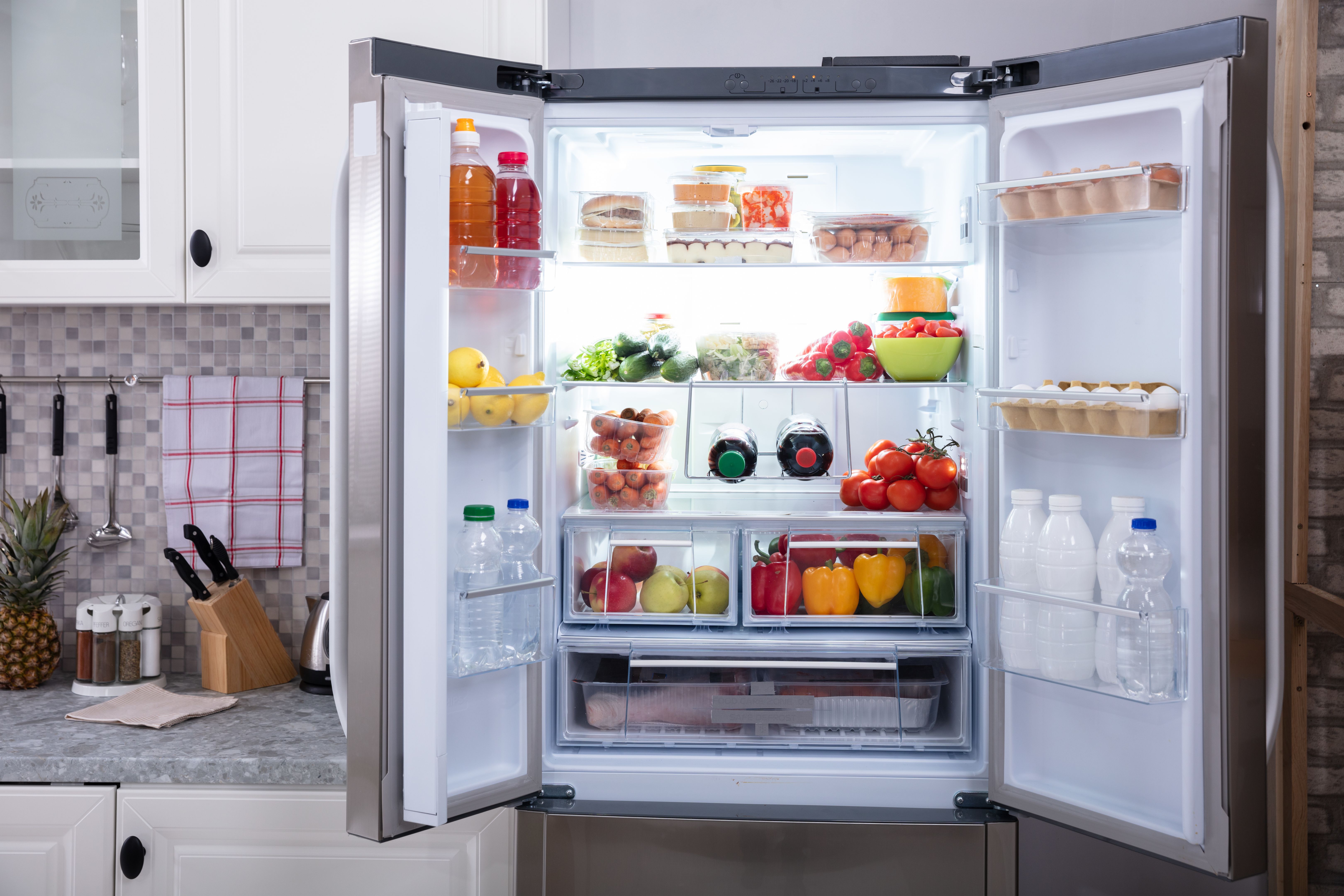Refrigerator: A Guide to Home and Commercial Options
Understanding Your Needs
When it comes to choosing the right refrigerator, the first step is to clearly understand your needs. Whether you're outfitting a home kitchen or a bustling restaurant, the right refrigerator should meet specific requirements. For home use, consider the size of your household and your typical grocery shopping habits. In a commercial setting, factors like the volume of goods, frequency of restocking, and available space are crucial.
For homes, a standard-size refrigerator might suffice. However, if you're an avid cook or entertain often, a larger model with additional features like a freezer drawer or through-the-door ice and water dispenser could be beneficial. Commercial users might need specialized equipment like walk-in refrigerators or high-capacity models to ensure efficiency and food safety.

The Different Types of Refrigerators
Several types of refrigerators are available in the market, each tailored to different needs. The most common types include top-freezer, bottom-freezer, side-by-side, French door, and mini-refrigerators. Each comes with its pros and cons, making it essential to match the style to your lifestyle or business operations.
Top-Freezer Refrigerators
Top-freezer models are the traditional style and are often the most affordable. They are energy-efficient and provide ample storage for both fresh and frozen foods. However, accessing fresh food requires bending down, which might not be convenient for everyone.
Bottom-Freezer Refrigerators
With bottom-freezer models, the fresh food compartment is at eye level, making it easier to access frequently used items. These models often come with more advanced features and larger freezer space, making them ideal for families.
Key Features to Consider
When choosing a refrigerator, it's important to look beyond just size and style. Consider features that will enhance functionality and convenience. Energy efficiency is a major factor as it impacts both the environment and your electricity bills. Look for models with an Energy Star rating.
- Adjustable Shelves: Allows customization of space for different storage needs.
- Water and Ice Dispenser: Provides easy access to cold water and ice cubes.
- Smart Technology: Some modern refrigerators come with Wi-Fi connectivity for remote monitoring and control.
Commercial Refrigeration Needs
In a commercial setting, durability and capacity are key. Look for stainless steel models that can withstand heavy use. Features like digital temperature controls and alarms can help maintain food safety standards by ensuring consistent temperature control.

Budget and Maintenance
Your budget will play a significant role in deciding which refrigerator to purchase. While it's tempting to go for cheaper models, investing in a higher-quality refrigerator can save money in the long run due to better energy efficiency and reduced maintenance costs.
Regular maintenance is crucial for prolonging the lifespan of your refrigerator. This includes cleaning the coils, checking door seals, and ensuring proper ventilation. For commercial units, having a routine maintenance schedule can prevent unexpected breakdowns that could disrupt operations.
Conclusion
Choosing the right refrigerator involves considering multiple factors from size and style to features and budget. Whether you're selecting one for your home or commercial space, keeping these considerations in mind will help you make an informed decision that best suits your needs.

